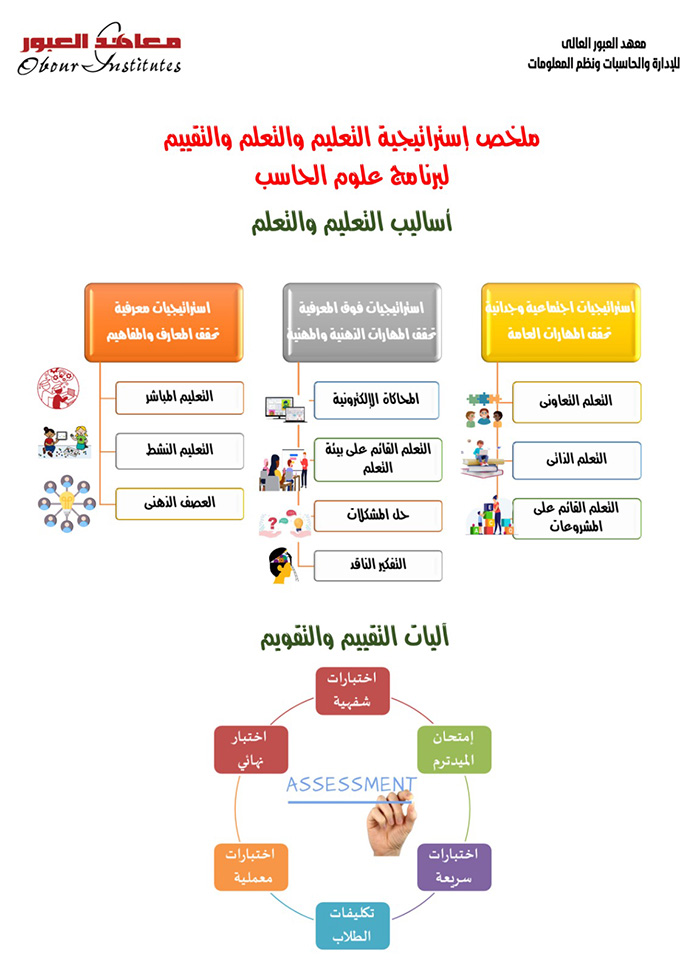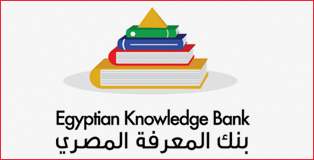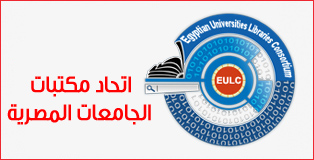رسالة البرنامج
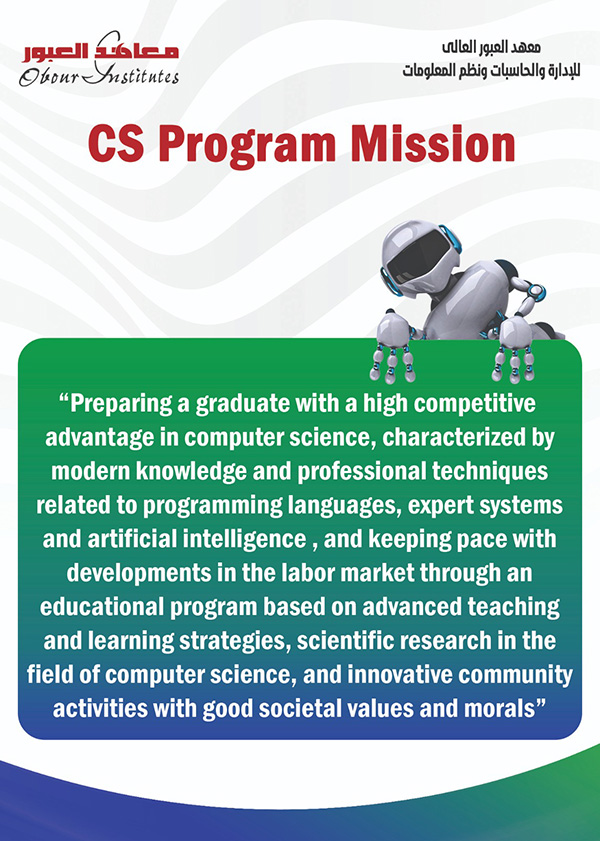
الهيكل التنظيمى
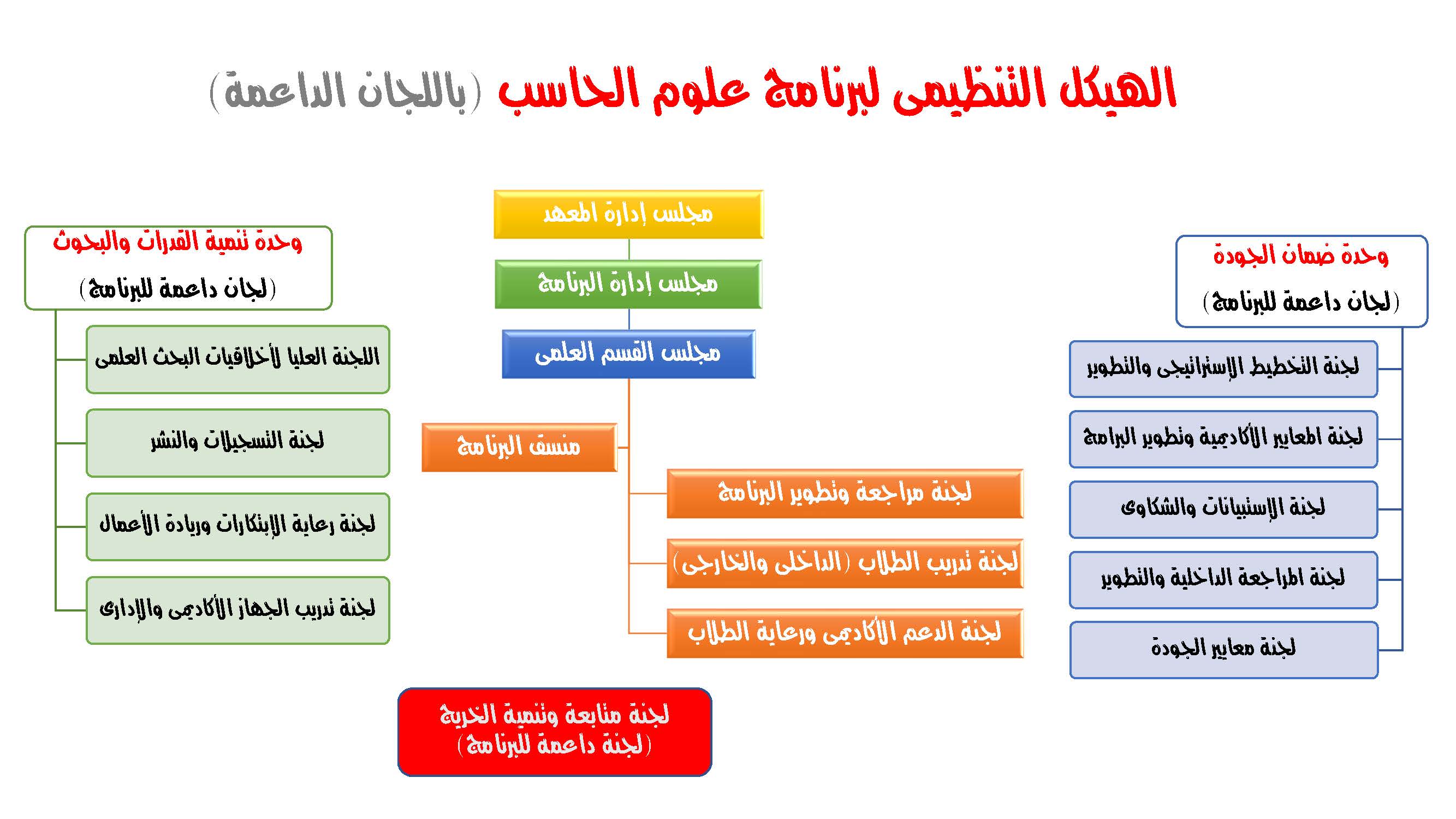
¯ قواعد القبول للطلاب المستجدين
يتم الإعلان عن قواعد قبول الطلاب المستجدين سنوياً بالصحف القومية وعلى الموقع إسم المعهد: معهد عالى عبور إدارة وحاسبات ونظم، بلبيس شعبة علوم الحاسب
إسم البرنامج: علوم حاسب رقم طابع التنسيق علمى رياضة ( 287/9)
لغة الدراسة: جميع مناهج الدراسة تدرس باللغة الإنجليزية على مدار 4 سنوات دراسية للحصول على بكالوريوس علوم الحاسب
اللائحة: المناهج مطابقة للائحة الموحدة الصادرة بالقرار الوزارى رقم 3578 لسنة 2019
النقابة: يتم قيد خريج شعبة علوم الحاسب بنقابة العلميين
المؤهلات وأرقام طوابع التنسيق:
ثانوية عامة علمى علوم: رقم طابع التنسيق ( 1045 ) شرط اجتياز مادتى (رياضة 1 ، 2)
ثانوية عامة علمى رياضة: رقم طابع التنسيق ( 287/9 )
الثانوية الأزهرية (علمى) ومايعادلها من الشهادات الشهادات العربية والأجنبية (بدون رقم طابع)الإلكترونى لوزارة التعليم العالى, حيث يتم قبول الطلاب بناءً على ترشيح مكتب تنسيق القبول وتخضع عملية القبول للقواعد المنظمة التى يضعها مكتب تنسيق القبول والإدارة المركزية للمعاهد العالية الخاصة, وما يصدر سنوياً من تعليمات منظمة فى هذا الشأن.
رابط التقديم عن طريق موثقع مكتب تنسيق القبول:
https://www.tansik.egypt.gov.eg/application

¯ قواعد التحويل من وإلى المعهد
يلتزم المعهد بما يرد من الإدارة المركزية للمعاهد العالية الخاصة من شروط وضوابط وقواعد لتنظيم عملية التحويل من وإلى المعهد سنوياً, ويقتصر دور المعهد فى عملية التعديل فقط فى تيسيير إجراءات التحويل من وإلى المعهد. وبصفة عامة تم تطوير أعمال التحويل من وإلى المعاهد عن طريق التنسيق بالنظام الإلكترونى بدلاً من النظام الورقى خاصة فى الطلاب المستجدين (نظام تقليل الإغتراب). ويتم تشكيل لجنة القبول والتحويلات سنوياً والمكونة من (عميد المعهد, وكيل شئون التعليم والطلاب, عضو هيئة تدريس من كل قسم علمى, أمين عام المعهد, مدير إدارة شئون الطلاب والخريجين, المدير المالى), وذلك للإنتهاء من كافة الإجراءات المتعلقة بقيد الطلاب المحولون بعد إجراء المقاصات العلمية والموافقة عليها ومراجعة قوائم الطلاب المقبولين.

قرار المعادلة
والذى ينص بتجديد معادلة درجة البكالوريوس فى علوم الحاسب بدرجة البكالوريوس فى الحاسبات والمعلومات (علوم الحاسب) التى تمنحها الجامعات المصرية الخاضعة لقانون تنظيم الجامعات رقم 49 لسنة 1972
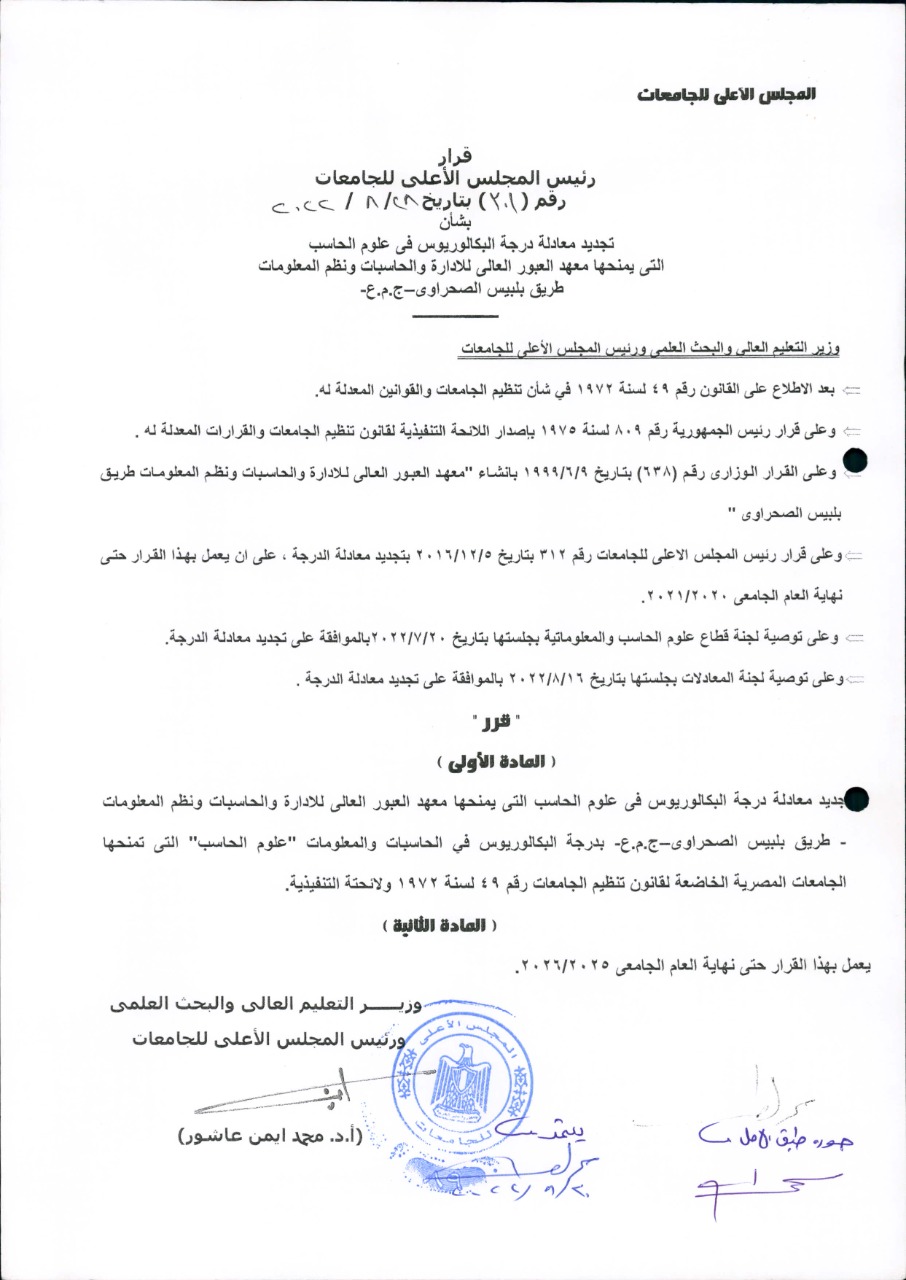
ملخص إستراتيجية التعليم والتعلم والتقييم
